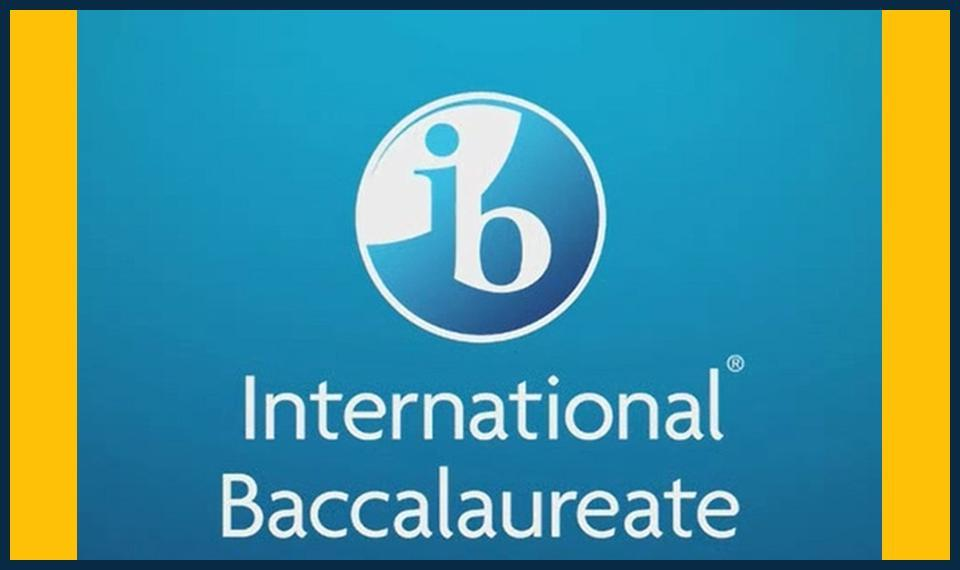![]()
Navigating the Science Options in the International Baccalaureate (IB) 🎓🔬
For students, parents, tutors, and teachers alike, understanding the Science options in the International Baccalaureate (IB) program can be a daunting task. But fear not! Tutor GP is here to guide you through the labyrinth of choices, helping you make informed decisions that will set your academic journey on a path to success. Let’s delve into the world of IB Science options, focusing on Belvedere and beyond.
Why Choose IB Science? 🌟🔬
IB Science offers a comprehensive, rigorous, and globally recognized curriculum that prepares students for a wide range of academic and professional paths. By choosing IB Science, students will develop critical thinking, problemsolving, and research skills that are essential in today’s rapidly evolving world.
What are the Science Options? 🎯🧪
The IB offers three Science options:
1. Group 4: Physics, Chemistry, and Biology: This option allows students to explore all three sciences in depth, providing a broad understanding of the natural world.
2. Group 4: Biology, Chemistry, and an Experimental Science: In this option, students can choose between Physics, Environmental Systems and Societies, or Computer Science as their second science subject.
3. Group 4: Chemistry, Biology, and an Additional Science: This option allows students to deepen their knowledge in either Physics, Mathematics: Analysis and Approaches, Mathematics: Applications and Interpretation, or Computer Science.
Choosing the Right Science Option 🔍📚
When selecting a Science option, consider your academic strengths, career aspirations, and personal interests. For instance, if you’re passionate about the environment, you might opt for Environmental Systems and Societies. Alternatively, if you’re a math whiz, Mathematics: Analysis and Approaches could be a perfect fit.
Maximizing Your IB Science Experience 🌟🔬
To excel in IB Science, it’s essential to develop effective study habits, practice active learning, and seek support when needed. Here are some practical tips for success:
1. Establish a Study Schedule: Consistency is key when it comes to studying. Set aside dedicated time each day to review materials, complete assignments, and prepare for exams.
2. Use Active Learning Strategies: Engage with your content by creating mind maps, participating in group discussions, and applying concepts to realworld scenarios.
3. Seek Tutoring Support: If you find yourself struggling with a particular topic, don’t hesitate to enlist the help of a tutor. Tutor GP offers personalized IB Science tutoring, tailored to your unique needs and learning style.
Supporting Your Child’s IB Science Journey 🤝🎓
As a parent, your support plays a crucial role in your child’s academic success. Here are some ways you can help:
1. Encourage Study Habits: Encourage your child to establish a study schedule, set goals, and create a conducive study environment.
2. Stay Informed: Familiarize yourself with the IB Science curriculum to better understand your child’s coursework and assessments.
3. Provide Emotional Support: Recognize the challenges your child may face and offer words of encouragement and guidance when needed.
FAQs ❓
- 💡 What is the difference between Group 4: Physics, Chemistry, and Biology and Group 4: Biology, Chemistry, and an Experimental Science?
Answer: The main difference lies in the second science subject. In Group 4: Physics, Chemistry, and Biology, you’ll study all three sciences in depth. In Group 4: Biology, Chemistry, and an Experimental Science, you’ll choose between Physics, Environmental Systems and Societies, or Computer Science as your second science subject.
- 📚 How do I choose the right Science option for me?
Answer: Consider your academic strengths, career aspirations, and personal interests when choosing a Science option. If you’re unsure, consult with your school’s IB coordinator or a tutor for guidance.
- 🎓 What are some effective study strategies for IB Science?
Answer: Develop consistent study habits, practice active learning strategies, and seek tutoring support when needed. Remember, learning is a journey, not a destination!
- 🤝 How can I support my child in their IB Science journey?
Answer: Encourage study habits, stay informed about the curriculum, provide emotional support, and consider hiring a tutor for extra help when needed. Your child’s success is a team effort!
- 🌟 Can IB Science lead to a successful career?
Answer: Absolutely! IB Science equips students with critical thinking, problemsolving, and research skills that are highly valued in various industries, from medicine to engineering to environmental conservation.
- 🧪 Is it difficult to balance multiple Science subjects in the IB program?
Answer: Balancing multiple Science subjects can be challenging, but it’s achievable with effective time management, study habits, and support from tutors and teachers.
- 🔬 What are some practical applications of IB Science in everyday life?
Answer: IB Science concepts are everywhere! From understanding how batteries work to appreciating the complexity of ecosystems, the knowledge gained from IB Science can enrich our understanding of the world around us.
- 🤝 Can I hire a tutor for IB Science?
Answer: Yes, you can! Tutor GP offers personalized IB Science tutoring to help students excel in their academic journey. Visit our website to learn more! 🌟🔬




